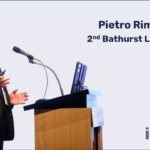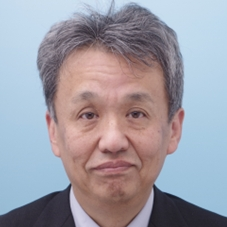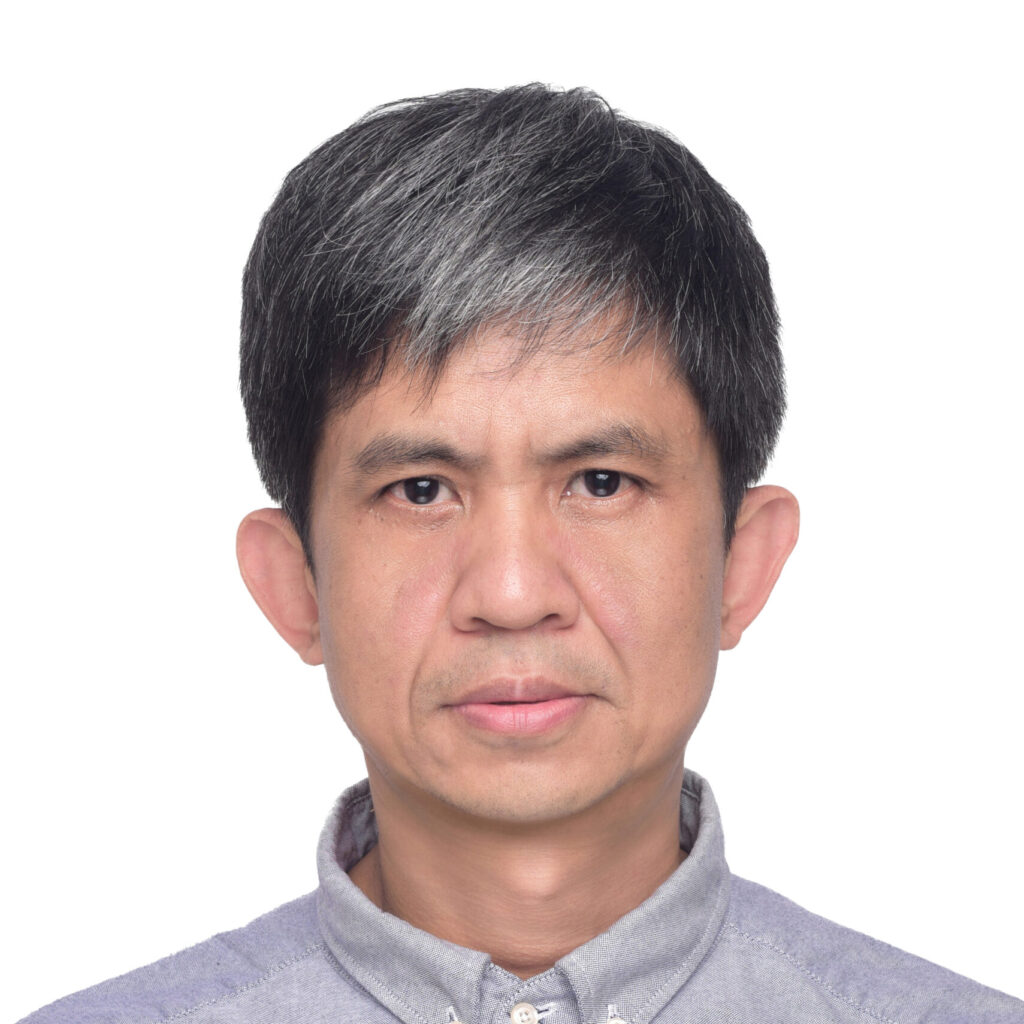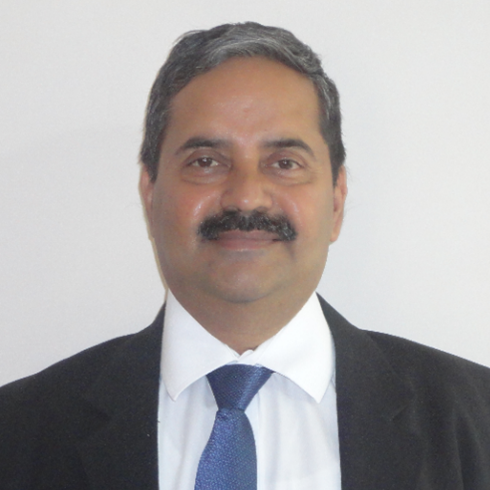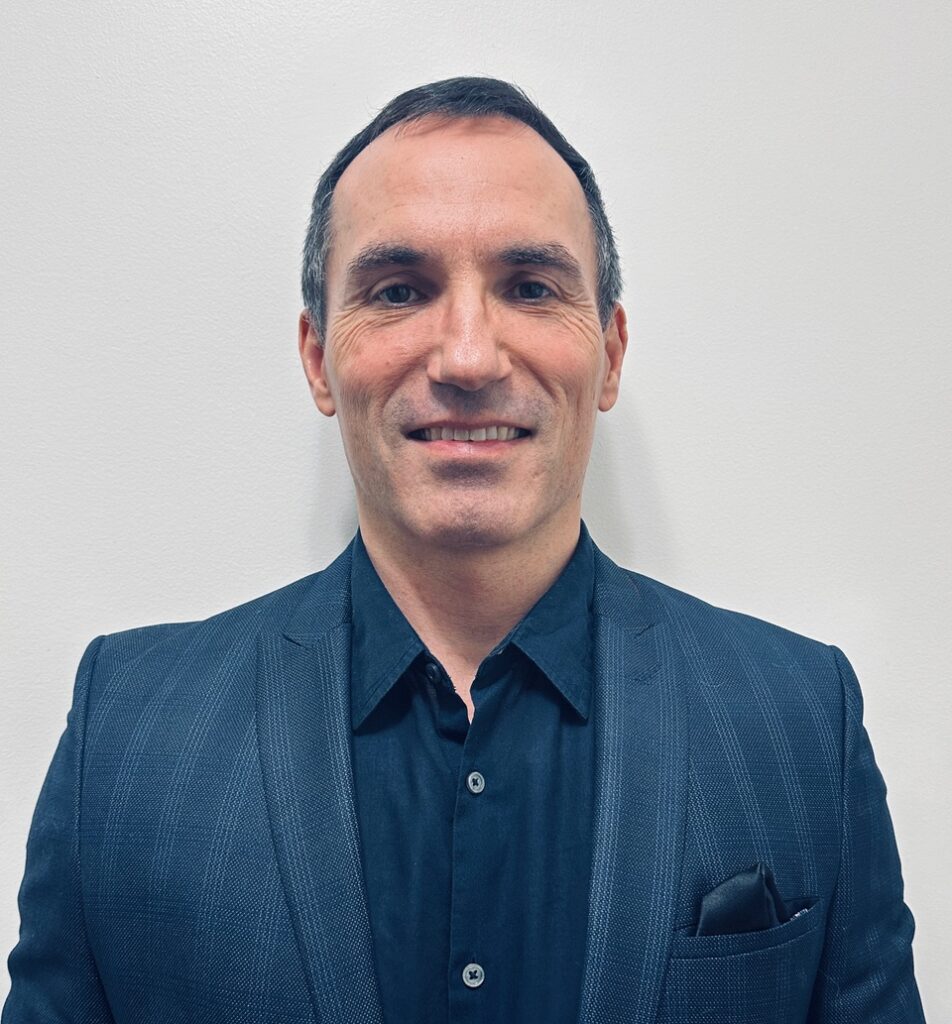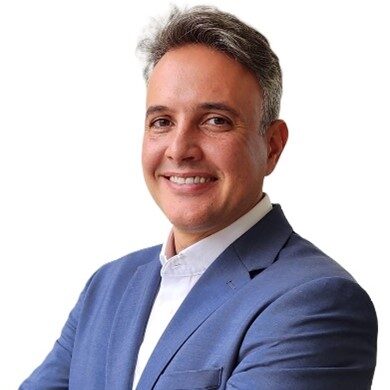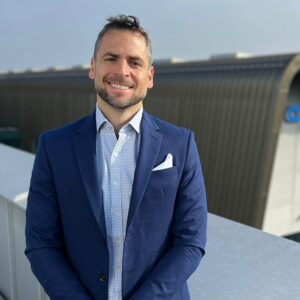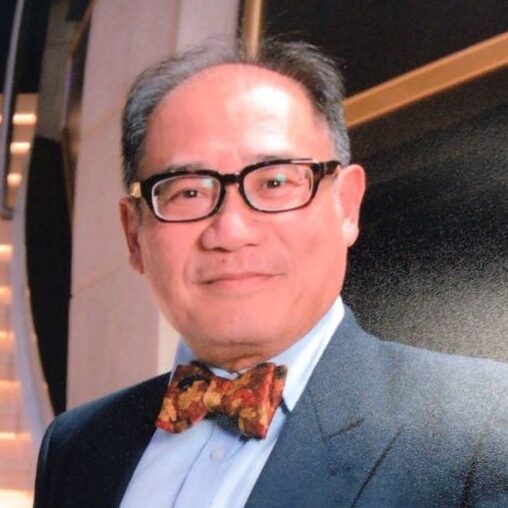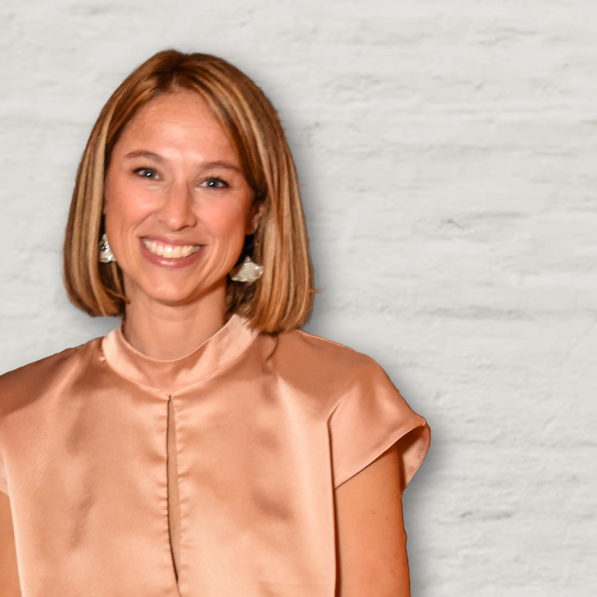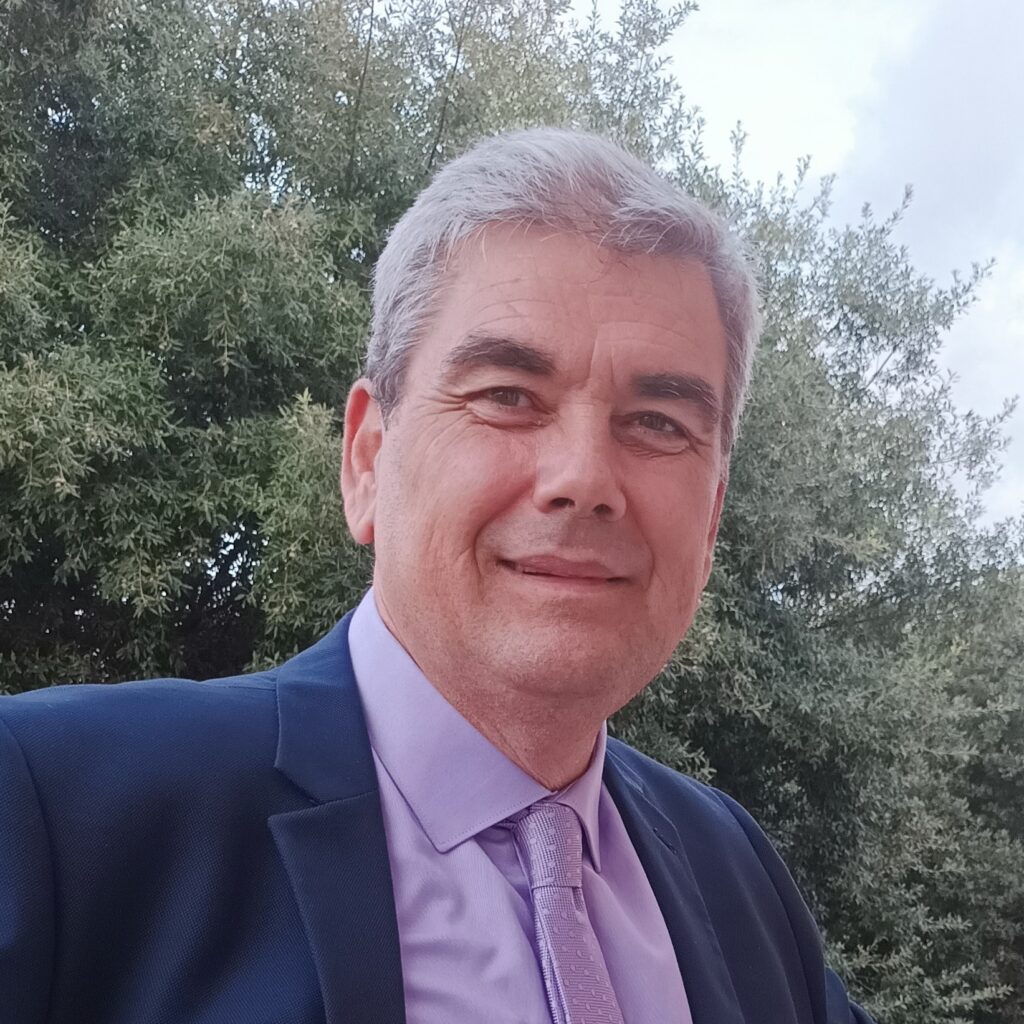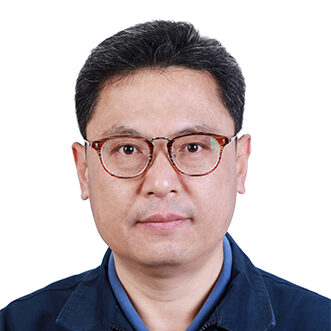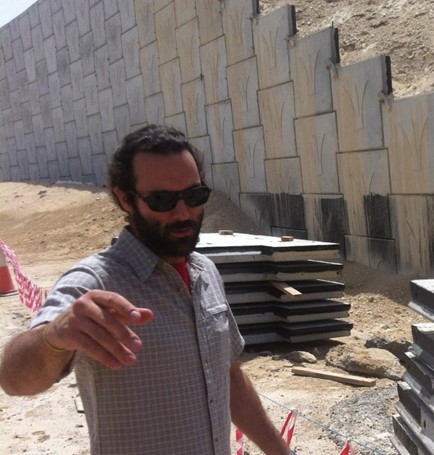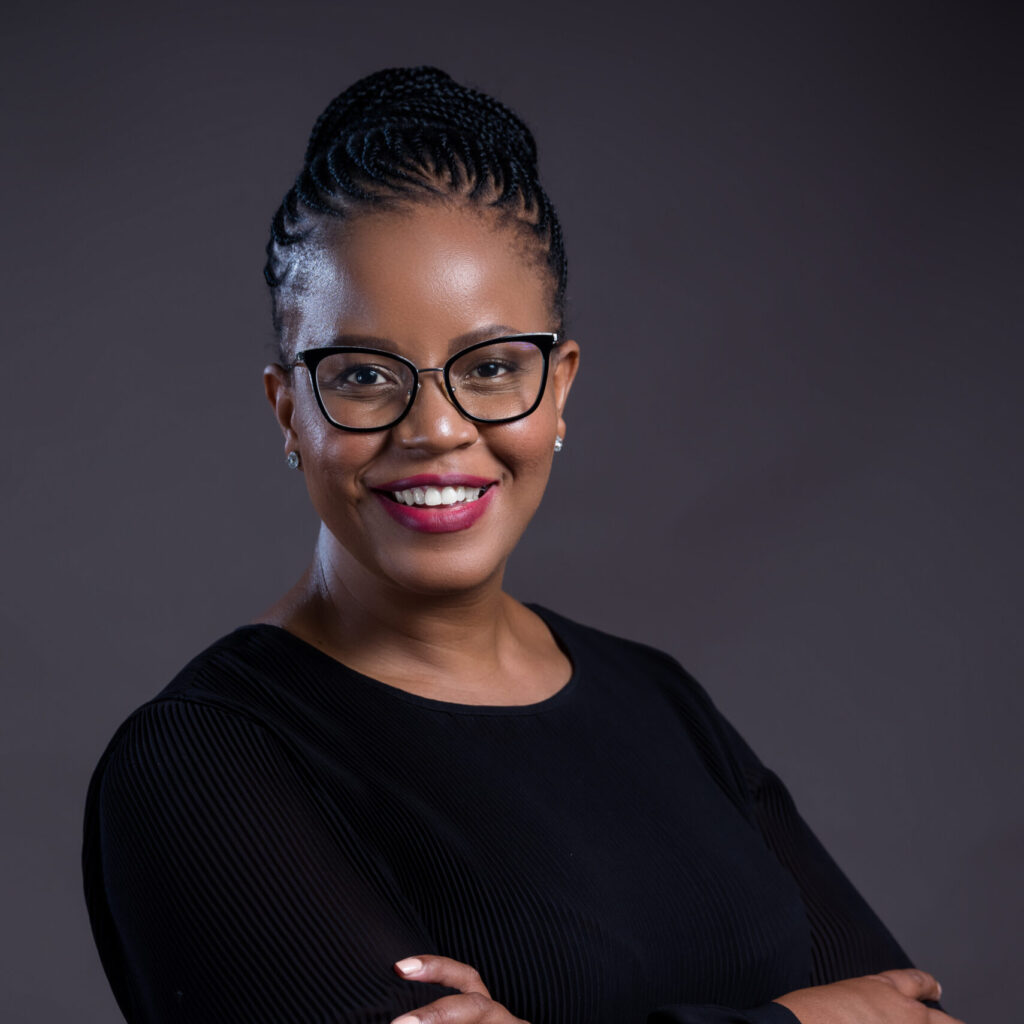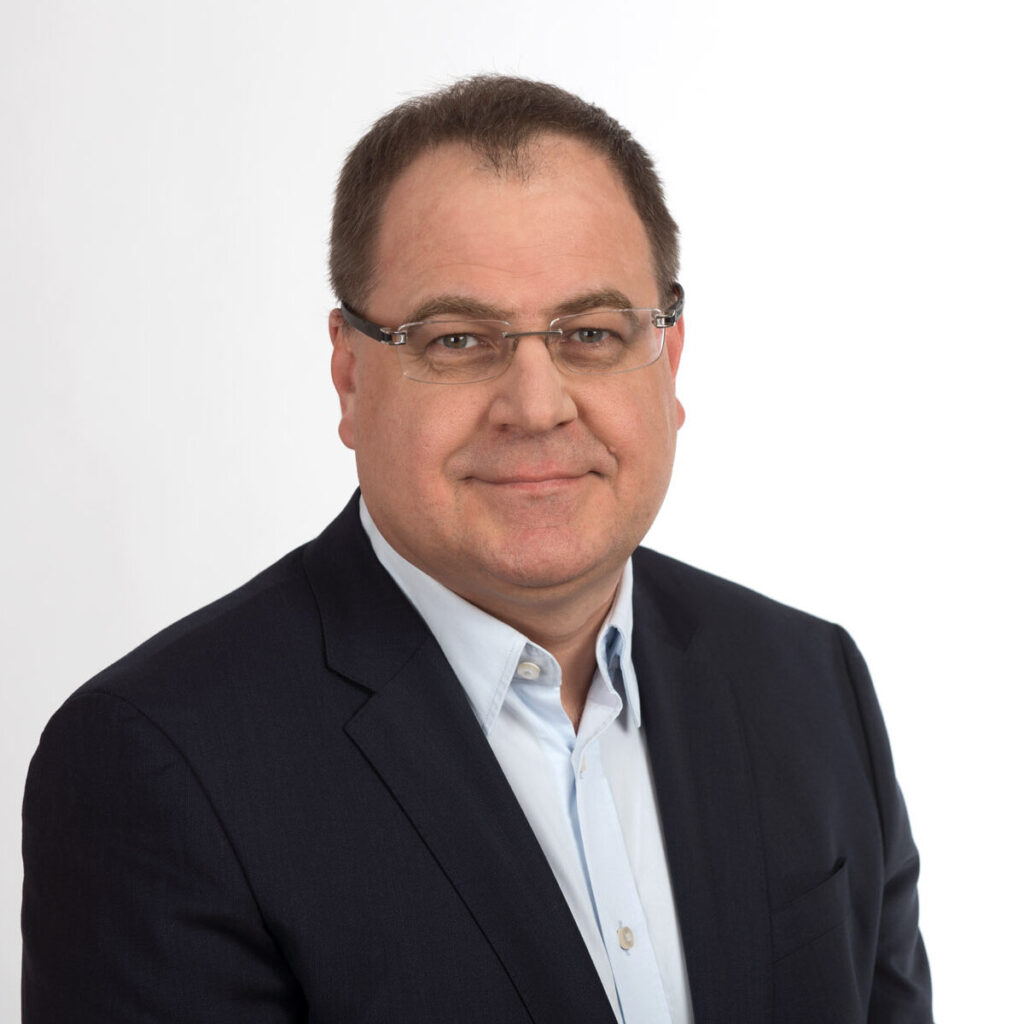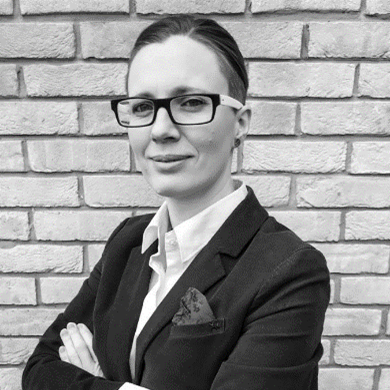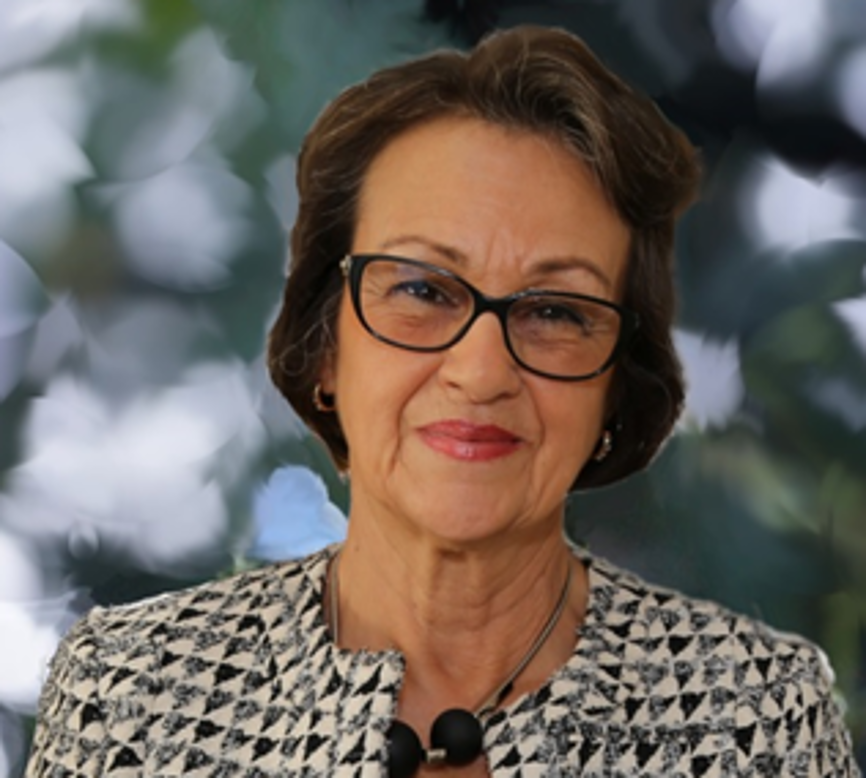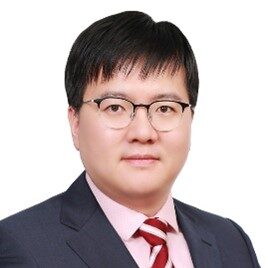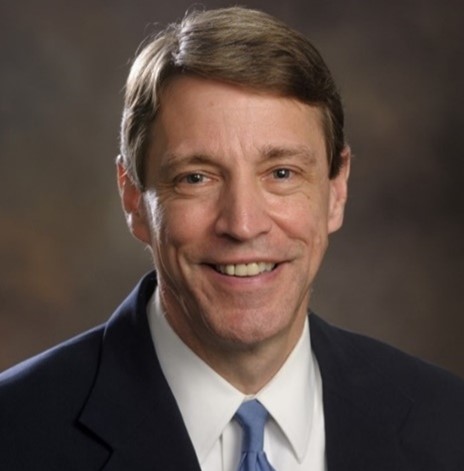Discover the latest thinking in geosynthetics with the lecture and short course series at EuroGeo 7.
The largest geosynthetics conference in Europe arrives in Warsaw, Poland, on September 6-9, and will be held in the historic Palace of Culture and Science.
A packed program includes a fascinating line-up of speakers discussing the latest developments in the industry, as well as a range of short courses guaranteed to inform and inspire. This includes a session hosted by IGS officers, which will explore sustainability and geosynthetics.
Organizers are excited to welcome Professor Martin Ziegler from RWTH Aachen University in Germany who will be talking about ‘Mechanism of action of a geogrid reinforcement at macro and micro scale’. Tokyo University Emeritus Professor Fumio Tatsuoka will focus on ‘Developments of geosynthetic-reinforced soil structures and their railway applications’, while roads are the subject of a talk by Professor Jie Han of Kansas University, titled ‘Experimentally and mechanistically quantifying the benefits of geosynthetics in improved roadway performance’. Finally, the role of geosynthetics in hydraulic applications will be explored by Dr Kerry Rowe of Queens University in Canada.
Delegates also have the opportunity to sign up to one of two full-day courses led by distinguished experts in their fields. Dr Suzanne van Eekelen will be sharing the latest developments in geosynthetic-reinforced pile-supported embankments, while Dr Erol Tutumluer and Dr Jorge Zornberg will run a session on geosynthetic design for roadways, railways and airfields.
The sessions are interactive, designed to develop your thinking in these important areas of interest, and will offer the ideal chance for networking.
Conference chairman Dr Jacek Kawalec said: “This is a unique opportunity to learn from some of the most experienced people in the industry and to improve your understanding of many developing issues, all under one roof.
“We’re really excited about being able to offer our one-day courses. We invited the top international subject experts for their disciplines, so it’s an opportunity to learn from the best, close to home.”
He added: “Geosynthetics and their applications are evolving really fast. The European conference, which is organized within a four-year cycle, is an ideal forum to catch up on developments since 2016.”
Both short courses are held on Sunday, September 6, and all lectures take place on Monday, September 7. For times and full programme details, visit www.eurogeo7.org.



